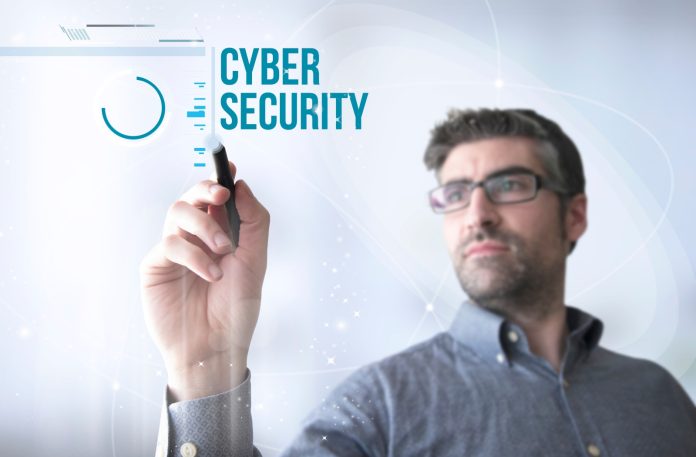Introduction
Singapore is renowned for being one of Asia’s technical leaders, but with this development also comes a higher danger for cyber assaults. According to a recent PwC report, two-thirds of Singaporean companies experienced a cyberattack in the previous year, with an average cost of $1.1 million. Only 36% of these organizations have proper cybersecurity protections in place, according to the same report, underscoring the need for greater cybersecurity compliance across the nation.
This handbook was written to assist Singaporean companies in comprehending the value of cybersecurity compliance and how to attain it. The manual will include a thorough review of cybersecurity compliance company, existing laws and rules, and recommended methods for achieving compliance. The future of cybersecurity compliance in Singapore and common cyberthreats in the city-state will also be covered in the book.
Understanding Cybersecurity Compliance Company in Singapore
The process of abiding by rules, regulations, and standards for safeguarding sensitive data and vital infrastructure from cyber threats is referred to as cybersecurity compliance. The Cybersecurity Compliance company of Singapore is the primary regulatory organization in Singapore for cybersecurity compliance (CSA).
The Singapore Cybersecurity Standard (SCS) and the Essential Eight Maturity Model are two frameworks and recommendations produced by the CSA to assist enterprises in Singapore in achieving cybersecurity compliance. For businesses to follow in order to lower the risk of a cyberattack, these standards and frameworks offer a comprehensive set of security controls and best practices.
Businesses in Singapore must abide by these rules and laws in order to protect themselves from online dangers and prevent expensive data breaches. In fact, to emphasize the significance of cybersecurity compliance in the nation, the Monetary Authority of Singapore (MAS) recently unveiled a new legislation requiring financial institutions to report all important cyber events.
Best Practices for Achieving Cybersecurity Compliance in Singapore
Singapore requires a thorough approach that addresses both technical and non-technical components to achieve cybersecurity compliance. The following are some recommended practices that Singaporean companies can use to comply:
Employee Education and Training: It is critical that staff members comprehend the significance of cybersecurity and how to spot potential threats. By lowering human error, regular employee training sessions and security awareness initiatives can assist in lowering the danger of a cyber-attack.
Implementing security protocols and technologies: To defend against online attacks, Singaporean businesses should spend money on cybersecurity tools like firewalls, antivirus software, and intrusion detection systems. They should also have security practices in place, such as updating software often and encrypting important information.
Security audits and assessments: It should be conducted on a regular basis to assist discover potential vulnerabilities and confirm that cybersecurity solutions are working as intended. Singapore companies can collaborate with cybersecurity professionals to carry out these audits and assessments.
Creating a Comprehensive Incident Response Strategy: In the case of a cyber-attack, having a comprehensive incident response plan in place can help firms react swiftly and successfully. The strategy should include actions for stopping the incident, looking into it, and getting things back to normal.
Common Cyber Threats in Singapore and How to Mitigate Them
Businesses in Singapore need to be informed of the most recent risks to protect themselves from cyberattacks because cyberthreats are continuously changing. The following list of typical cyberthreats in Singapore, along with mitigation techniques,
Phishing Attacks: Social engineering techniques are used in phishing attacks to deceive people into disclosing personal information or installing malware. Businesses should train employees to spot phishing emails and give them secure access to critical information to reduce the danger of phishing attacks.
Attacks by ransomware: Ransomware encrypts sensitive data and demands a ransom to decrypt it. Businesses should frequently backup critical data and adopt security measures like firewalls and antivirus software to reduce the danger of a ransomware attack.
Malware assaults: Malicious software is used in malware assaults to breach systems and steal confidential data. Businesses should keep their software and security systems updated and train their personnel in safe computing procedures to reduce the danger of a malware attack.
Insider threats: When workers or contractors act maliciously, this is referred to as an insider threat. Businesses should have access restrictions in place, keep an eye on user activity, and have clear reporting procedures in place in order to reduce the danger of an insider threat.
The Future of Cybersecurity Compliance in Singapore
With multiple initiatives and programmed being launched to make sure the nation remains safe and secure in the digital age, the future of cybersecurity compliance in Singapore is looking bright.
The Info COMM Media Development Authority’s (IMDA) “Cybersecurity Strategy,” which describes the government’s goals for creating a secure and resilient cyberspace in Singapore, is one such endeavor.
Conclusion
Cybersecurity is a major problem for firms in Singapore in the current digital era. Companies must recognize the significance of cybersecurity compliance and take the appropriate precautions to protect their sensitive data in light of the growing threat of cyberattacks.
In order to safeguard themselves against potential cyber threats, firms in Singapore must priorities cybersecurity compliance company and stay on top of the latest developments. Businesses can make sure they are prepared for Singapore’s future in cybersecurity by collaborating with the government and putting best practices for compliance into effect.


